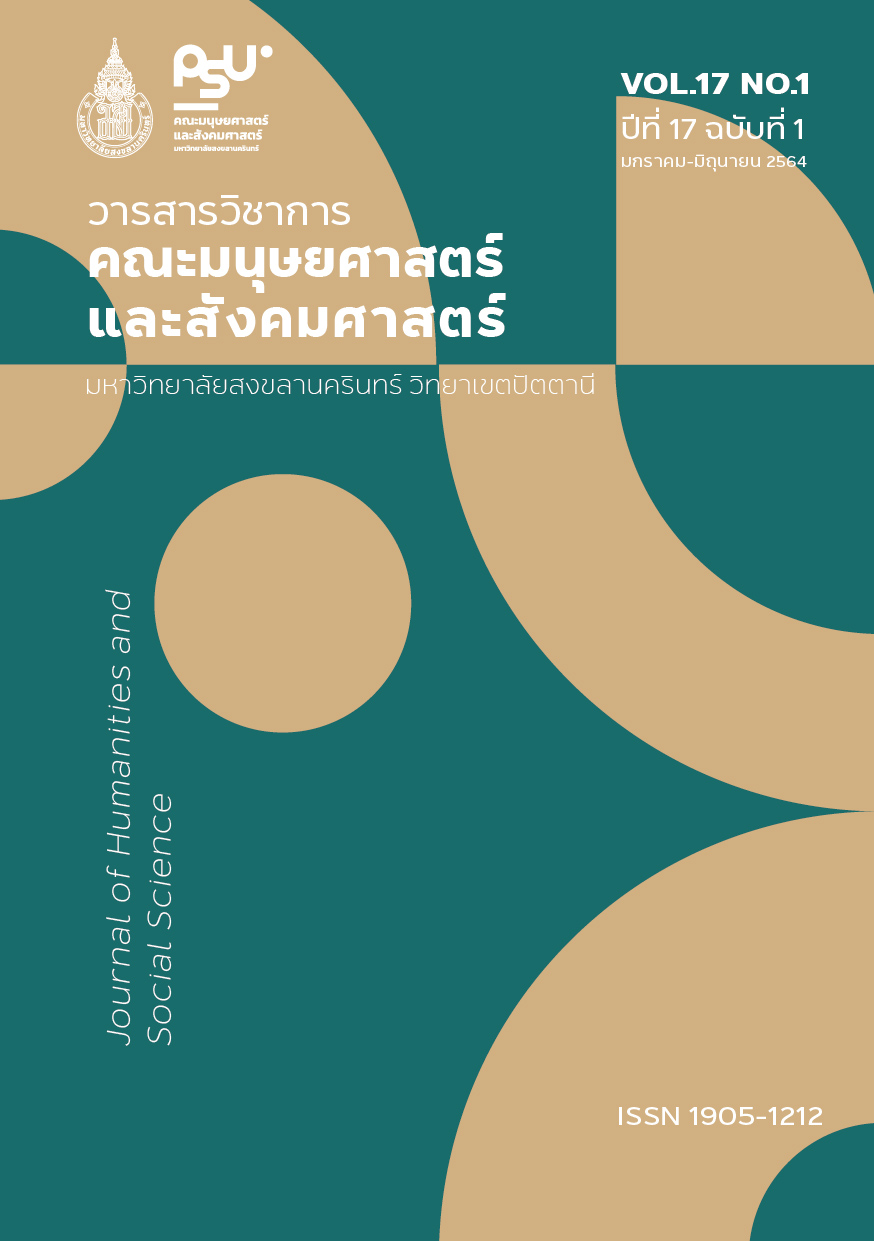The idea of Urban and Regional Planning and Future Planning of Local Government
Keywords:
Urban and Regional Planning, Local Government Administration, Collaborative PlanningAbstract
The idea of urban and regional planning is concentrated on the future city planning of the local government. The idea is derived from the global political and economic paradigm. As for Thailand, this paradigm changes from time to time. Sometimes it moves toward global trends. At the other time, it was confined to the national political and economic system. Significantly, its development moves with political decentralization that diffuses political power towards local administration. Besides the duty of public services, the urban planning process is the local government's key responsibility, which can be divided into two approaches: negative planning and positive planning. The former focuses on control according to the rules and regulations and permission of certain certificates based on the local instructions, while the latter concentrates on the leading role of local government in developing the region through public and private investment. Though the local government has authority in planning and implementation, decentralization in the Thai context is not complete yet. As a result, planning and decision on various issues are based on the central government's rules and regulations under the national structure of politics. Thus, this paper aims to review the idea and paradigm of urban planning in order to provide future planning for local government.
References
Arnstein, S. R. (1969). A Ladder of Citizen Participation. Journal of the American Institute of Planners, 35(4), 216–224. https://doi.org/10.1080/01944366908977225
Campbell, T. (2009). Learning cities: Knowledge, capacity and competitiveness. Habitat International, 33(2), 195–201. https://doi.org/10.1016/j.habitatint.2008.10.012
Friedmann, J. (2011). Insurgencies: Essays in Planning Theory. Routledge.
Hayek, F. A. (1945). The Use of Knowledge in Society. American Economic Review, XXXV(4), 519–530.
Healey, P. (1997). Collaborative planning: Shaping places in fragmented societies. Macmillan.
Jacobs, J. (1961). The Death and Life of Great American Cities. Random House.
Krizek, K., Forysth, A., & Slotterback, C. S. (2009). Is There a Role for Evidence-Based Practice in Urban Planning and Policy? Planning Theory & Practice, 10(4), 459–478. https://doi.org/10.1080/14649350903417241
Pennington, M. (2002). A Hayekian Liberal Critique of Collaborative Planning. In P. Allmendinger & M. Tewdwr-Jones (Eds.), Planning Futures: New Directions for Planning Theory. Routledge.
Purcell, M. (2009). Resisting Neoliberalization: Communicative Planning or Counter-Hegemonic Movements? Planning Theory, 8(2), 140–165. https://doi.org/10.1177/1473095209102232
Downloads
Published
How to Cite
Issue
Section
License
Copyright (c) 2021 Journal of Humanities and Social Sciences

This work is licensed under a Creative Commons Attribution-NonCommercial-NoDerivatives 4.0 International License.
บทความนี้ได้รับการตีพิมพ์เป็นของวารสารวิชาการคณะมนุษยศาสตร์และสังคมศาสตร์ คณะมนุษยศาสตร์และสังคมศาสตร์ มหาวิทยาลัยสงขลานครินทร์ วิทยาเขตปัตตานี






